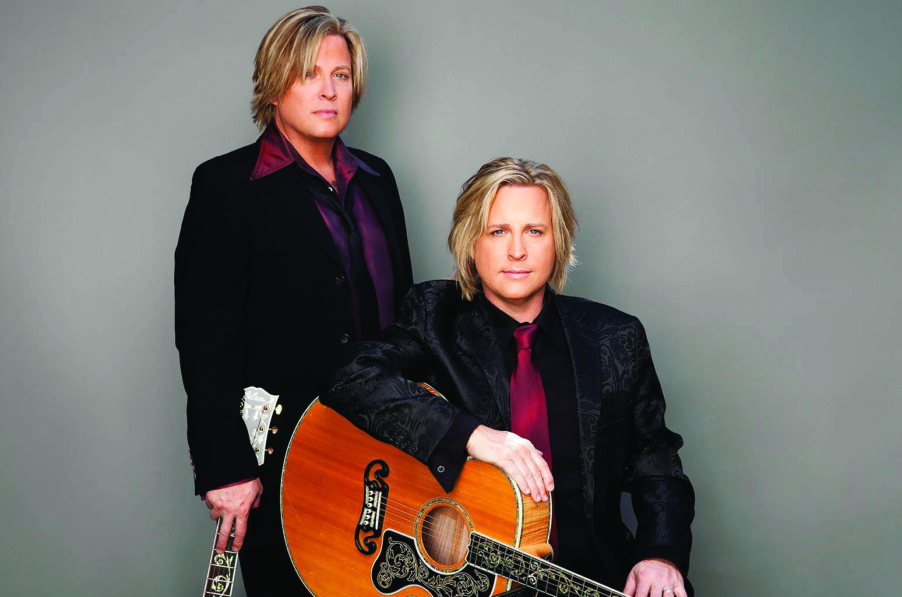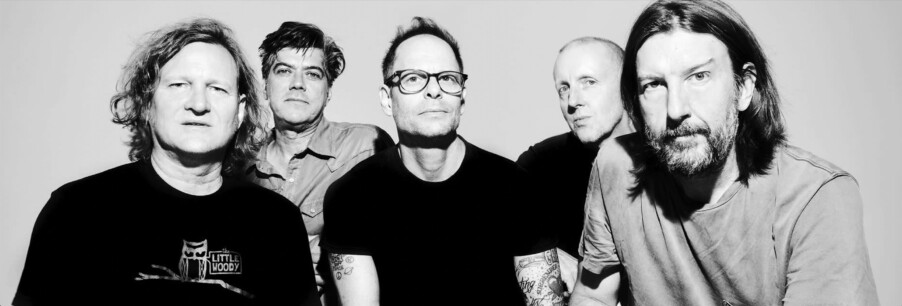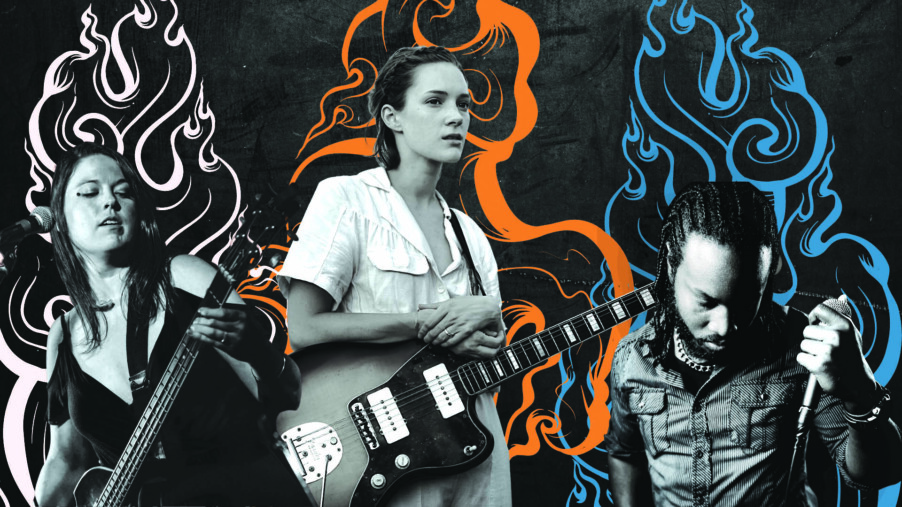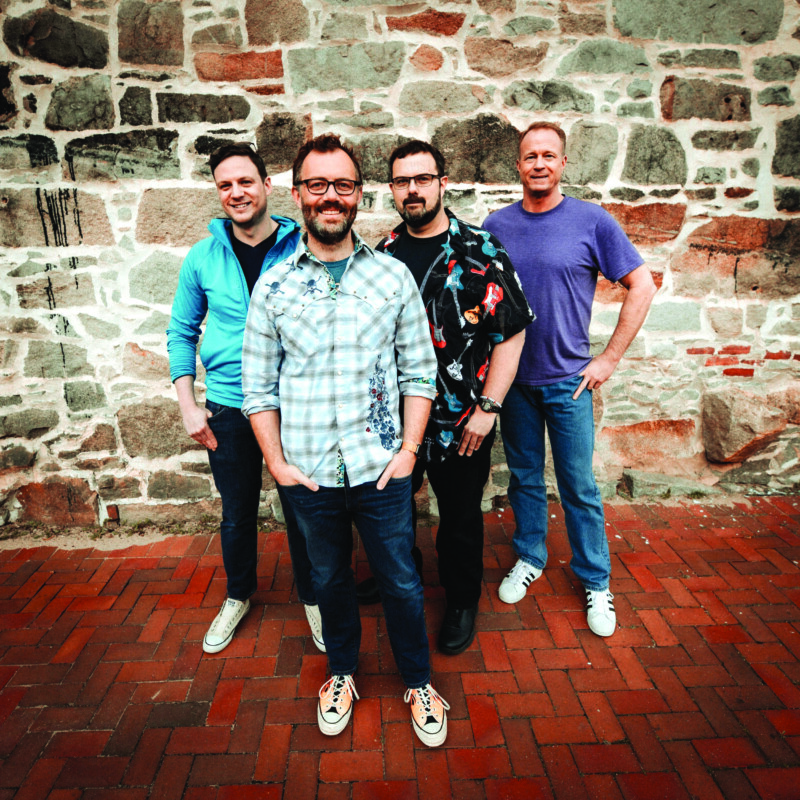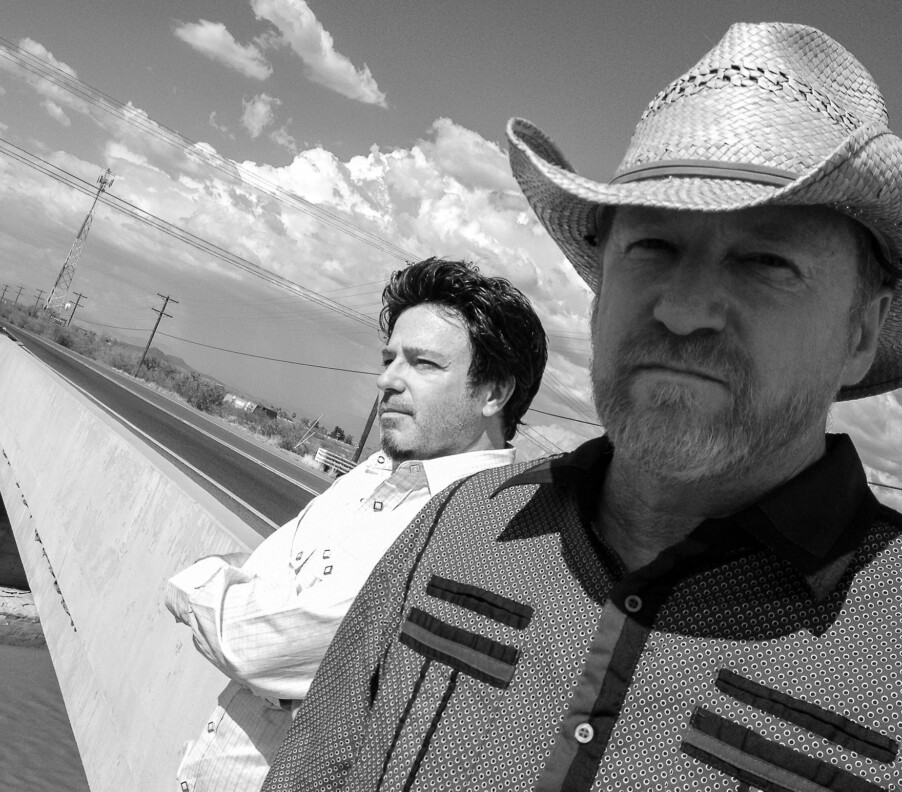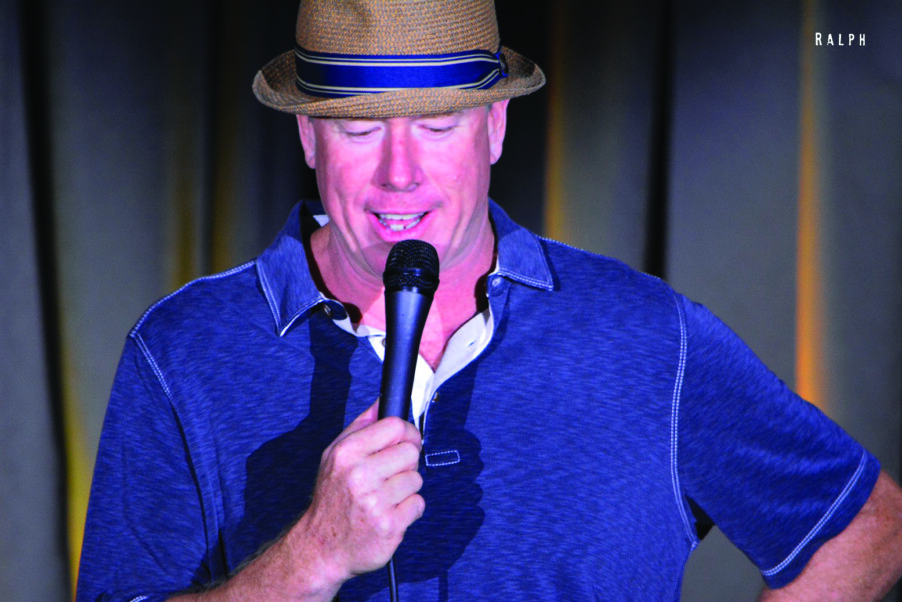Sons pay tribute in Ricky Nelson Remembered
Matthew and Gunnar Nelson formed their duo Nelson as the MTV era crested. Their video “(Can’t Live Without Your) Love And Affection” was ubiquitous when it came out in 1990, but like their father, Ricky Nelson, whose string of hits was cut short by The Beatles in 1964, his twin sons’ ascent was also stymied by a musical movement — Nirvana and grunge.
The brothers were accustomed to uphill battles, though. It took years for Geffen Records to take them seriously.
“We call it the world’s longest overnight success,” Matthew Nelson said in a recent phone interview. “We were the kings of waiting and starting and waiting.”
Even with a record deal, they received scant support; once, they busked in front of an elevator at a radio convention because the label wouldn’t spring for a hotel suite.
So the pair pressed on, touring with their hard-rock blood harmony sound and making new music. They’ve recorded six studio albums since their multiplatinum debut After The Rain, and a country rock project, First Born Sons, is currently in the works. But an evening playing their father’s songs wasn’t something they considered doing until a Japanese promoter suggested it in the early 2000s.
Initially they were skeptical about performing for U.S. troops at Yokosuka Naval Station.
“No one at that time knew who we were, let alone our dad. He said, it’s Japan, it’s for a good cause, and nobody’ll know if it’s horrible,” Matthew Nelson said. “This is pre-internet, so there was truth to that. We put together a little rockabilly show and by the first number my brother and I felt like idiots that we weren’t doing it sooner — the kids loved the music.”
Two decades later, they’re still doing Ricky Nelson Remembered; it hits Manchester’s Palace Theatre on Oct. 7. The show has evolved from its protean origins into a multimedia affair, an evening of music and storytelling. Hits like “Hello Mary Lou,” “Travelin’ Man” and “Garden Party” are mixed with Matthew and Gunnar’s memories, along with filmed interviews from artists who were influenced by their dad, including Paul McCartney and Chris Isaak.
Ricky Nelson starred with his family on The Adventures of Ozzie and Harriet, a sitcom that ran from 1952 through 1966; the show launched a music career that sold half a billion records. His pivot from teen idol to singer-songwriter inspired a bevy of SoCal folk rock performers, from the Byrds to the Eagles.
“He was definitely in a very cool place at a very cool time,” Matthew Nelson said. “If he had any kind of albatross, it was that he was impossibly handsome with a television show [and] I think he came to represent something that had passed by.”
Undeterred, the elder Nelson formed the Stone Canyon Band in the late ’60s and kept playing, releasing “Garden Party” in 1972 with the wonderfully dismissive line, “if memories were all I sang, I’d rather drive a truck.”
Matthew and Gunnar were 18 when their father died in a plane crash, on New Year’s Eve 1985; two years later he was posthumously inducted into the Rock & Roll Hall of Fame. Matthew recalls a “great relationship” with their dad, marked by music, love and laughter. The tribute show reflects that.
“The best part about it is frankly representing our dad and honoring him — I still miss him every day,” Matthew Nelson said. “So for me on the selfish front, I get to visit with him whenever I do the show and relive some of those memories that are personal to me. We get to talk about him on stage.”
Ricky Nelson Remembered draws a multigenerational audience; some come to relive their past, others to discover a bygone era. However, the show goes beyond family nostalgia, insists Matthew Nelson.
“It’s especially a journey through music that wasn’t computerized or fixed in the mix … it’s live. I think that going back to basics is important for everybody — especially for musicians that can slap on a plug-in and tune their voices. You couldn’t do that back then. … People get something real, and that’s the most important thing.”
Ricky Nelson Remembered
When: Thursday, Oct. 7, 7:30 p.m.
Where: Palace Theatre, 80 Hanover St., Manchester
Tickets: $45 to $55 at palacetheatre.org
Featured photo: Gunnar and Matthew Nelson. Courtesy photo.

